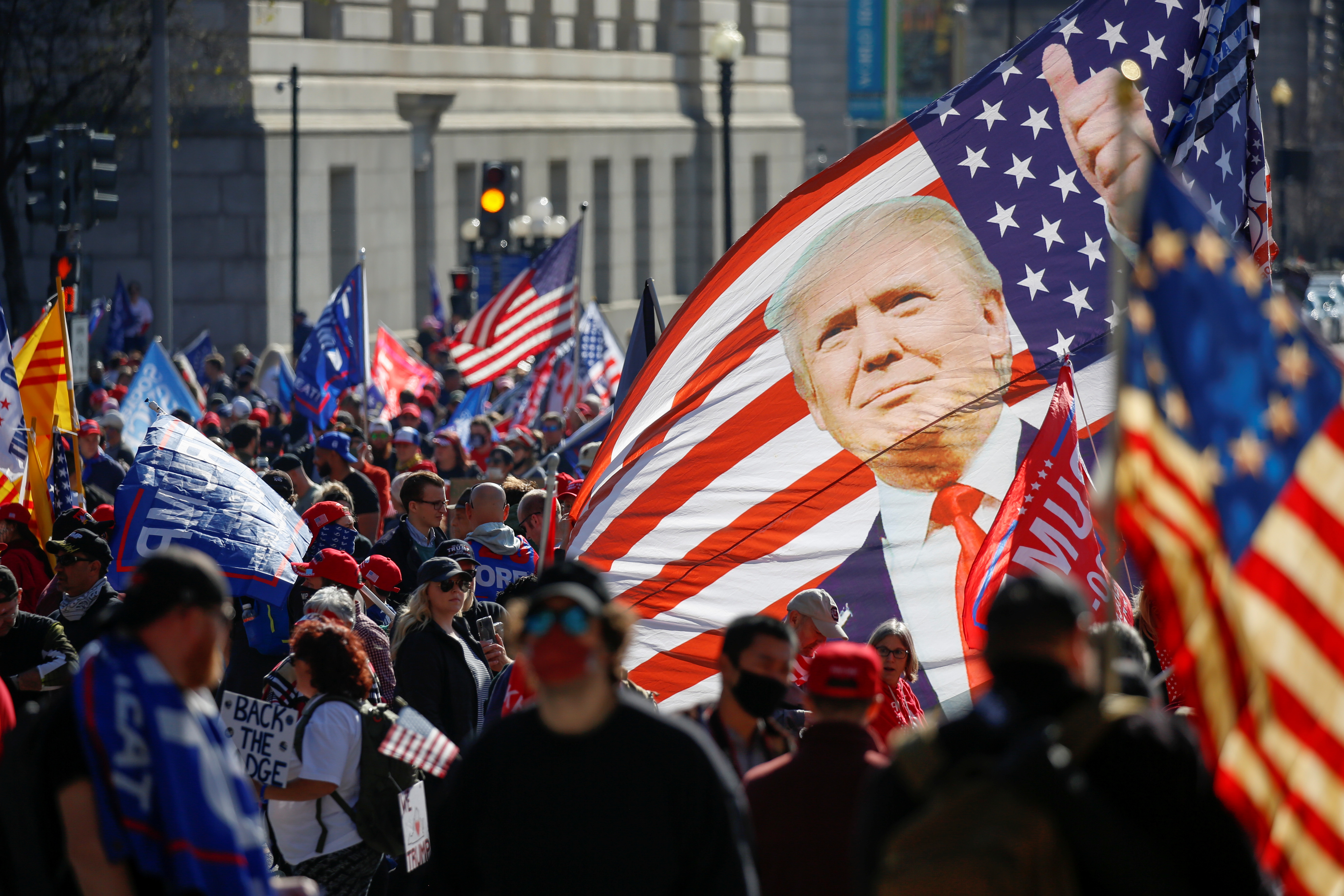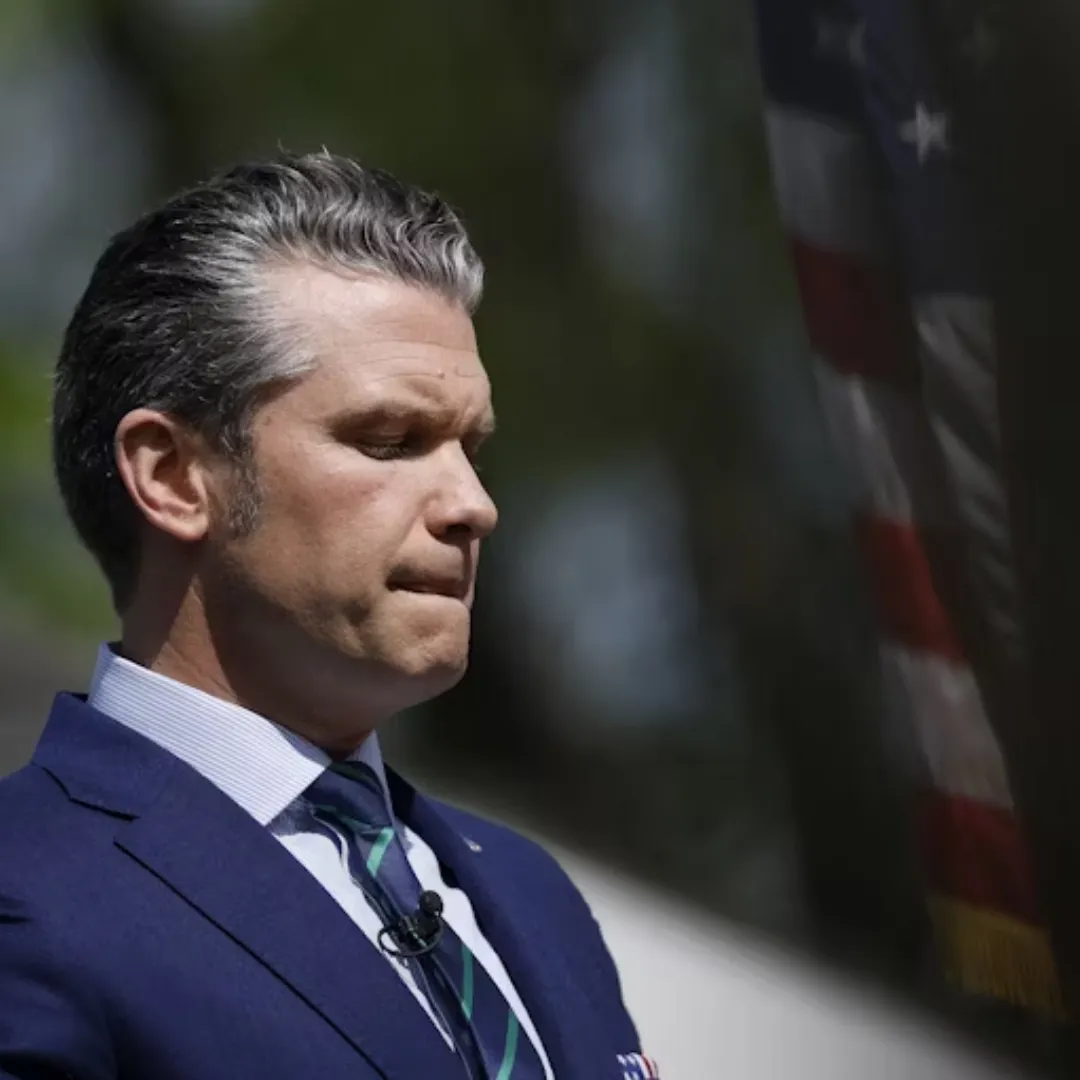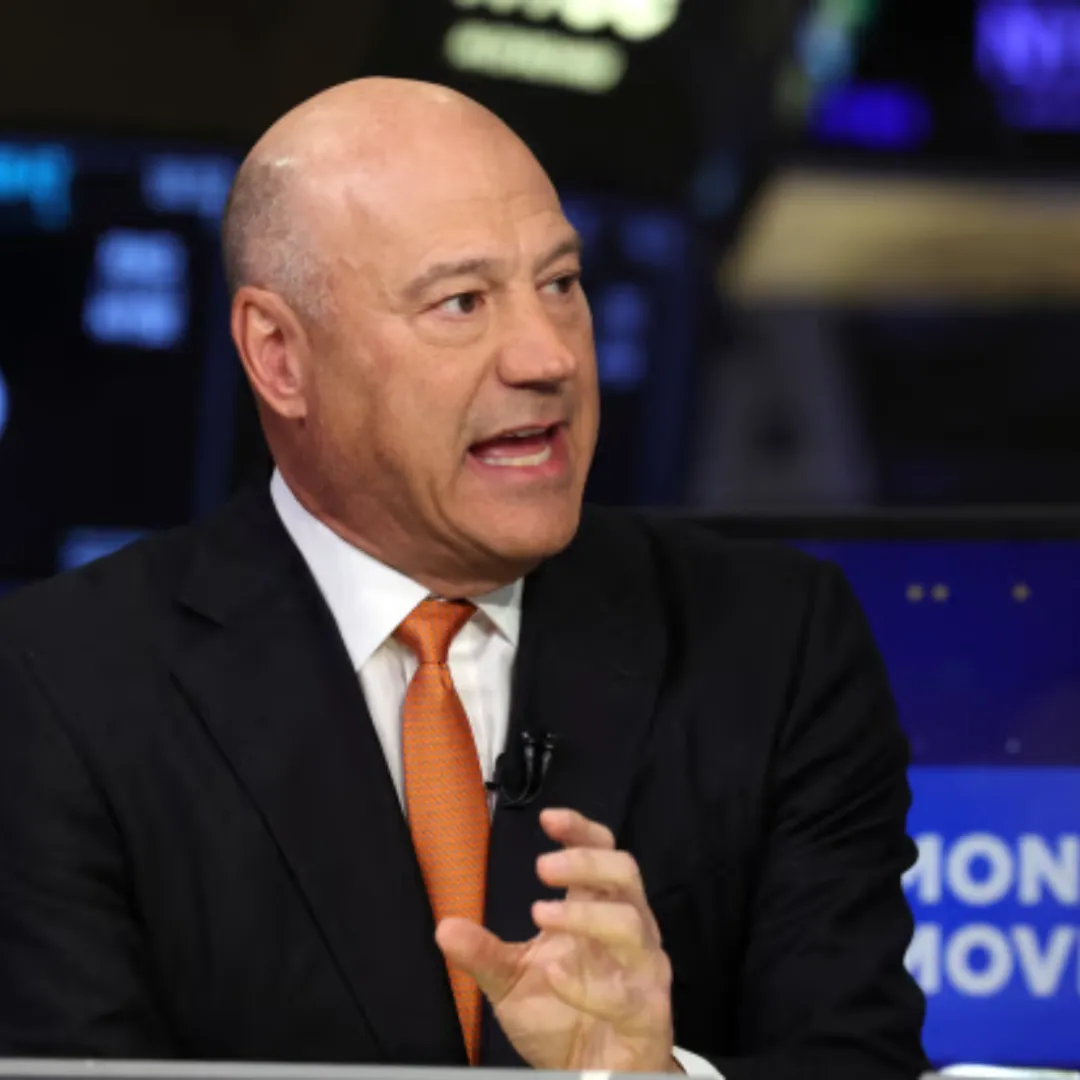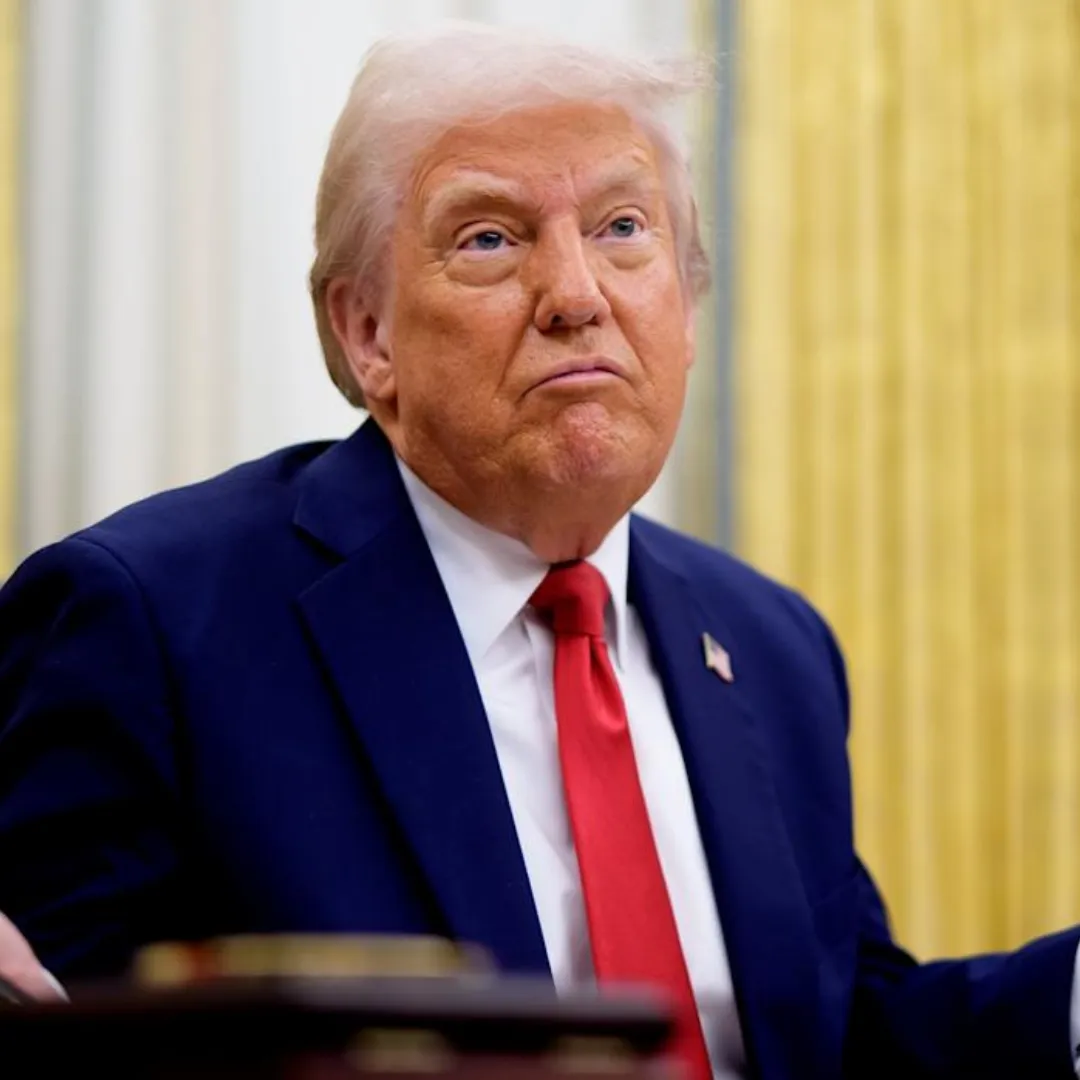
A wave of regret is rising among former supporters of Donald Trump, as more individuals who once proudly wore MAGA hats and voted for him twice are now stepping forward to share a starkly different view.
In a recent interview aired by NBC Philadelphia, a former MAGA loyalist laid bare the emotional and political disillusionment that has come to define their journey—from believing Trump was the man who would restore American greatness to realizing he is, in their words, “selfish” and dangerously unqualified.
Their story is not an isolated one, but part of a growing trend among former Trump backers who now believe they were misled by a man more interested in personal glory than in public service.
The interview follows a voter who had cast their ballot for Trump in both the 2016 and 2020 elections. At the time, they believed they were supporting a leader who would break the political mold, stand up for veterans, restore blue-collar jobs, and put America first.
They had bought into the promises, the slogans, and the persona that Trump so effectively marketed. But their faith began to unravel as the consequences of Trump’s policies hit close to home.
After losing their job as a result of the very trade policies Trump had claimed would protect American workers, this former supporter came to see that the man in the White House was not the champion of the people, but rather a self-interested businessman playing a political role for personal gain.
Their story is a sobering reflection of the contradictions between Trump’s rhetoric and his record. The disillusioned supporter pointed to Trump’s apparent disregard for the working class, a demographic he claimed to represent, but ultimately sidelined in favor of tax cuts for the wealthy and performative outrage.
They criticized Trump’s constant self-congratulation, his divisive speech, and his unwillingness to acknowledge or take responsibility for his failures. What was once admired as "straight talk" is now viewed as reckless egotism that endangers the integrity of American democracy.
This sentiment was echoed during the Democratic National Convention, where several former Trump voters publicly declared their opposition to the man they once believed in.
Their reasons varied—from his mishandling of COVID-19, to his inflammatory rhetoric, to his disrespect toward women and minorities—but the core realization was the same: Trump was never working for them. He was always working for himself.
Among those speaking out is Rich Logis, a former MAGA advocate who now openly condemns Trump’s dishonesty and what he calls the corrosive effects of Trumpism on American civic life. He recounts being swept up in the emotional frenzy of the Trump movement, only to emerge years later with a painful awareness that the promises were hollow and the consequences very real.
Similarly, Stephanie Grisham, once a close aide and communications director for Trump, has distanced herself completely. She cited his behavior during the January 6th Capitol riot as the final straw, calling it a moment of moral failure that shattered any illusion of leadership.
The NBC Philadelphia interview underscored this narrative with raw personal testimony. The former Trump voter admitted to feeling duped, manipulated by a campaign that relied more on emotion and grievance than on substance or service.
They expressed deep concern about Trump’s refusal to accept responsibility, even on fundamental issues such as constitutional law. In a separate recent Meet the Press interview, Trump himself confessed he wasn’t sure whether due process—the cornerstone of American justice—was something he had to uphold.
“I’m not a lawyer. I don’t know,” he said. That statement, deeply unsettling on its own, echoed the broader fear now shared by many former supporters: Trump simply doesn’t understand the job, and worse, doesn’t care to.
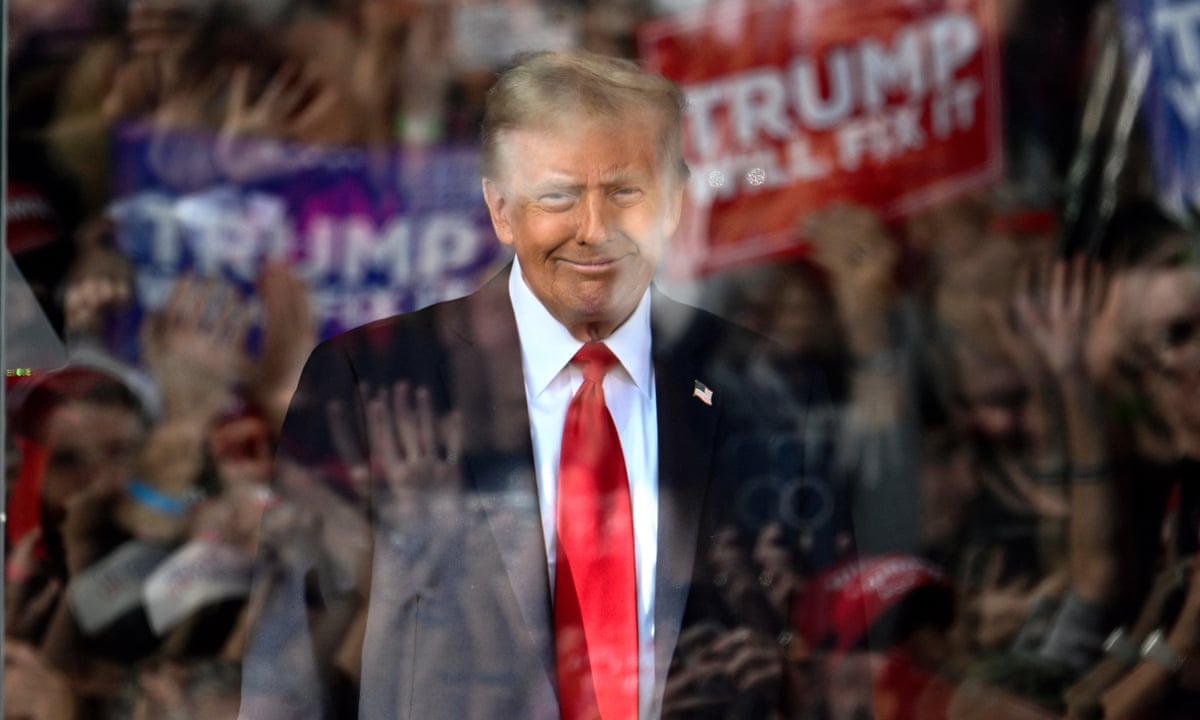
The image forming from these testimonials is not of a strongman, but of a showman—one who thrives on attention, evades accountability, and speaks in vague generalities while leaving real people to deal with the real damage.
The voters who once saw him as a rebel outsider are now seeing him as an emperor with no clothes, someone more interested in showmanship and revenge than in governing responsibly. These former supporters are not just disappointed; they are angry, ashamed, and determined not to make the same mistake again.
In conversations with media outlets including Vanity Fair, some of these individuals have made clear they now support alternative leadership, including Vice President Kamala Harris, citing a desire for stability, truthfulness, and a return to ethical governance.
Their conversion is not about party allegiance, but about integrity. For them, rejecting Trump has become an act of patriotism, a stand for democracy rather than for spectacle.
This growing exodus from the MAGA movement suggests a significant shift in the American political landscape. What was once seen as a populist uprising is now being reconsidered as a cult of personality that betrayed its base.
Trump’s behavior—his fixation on loyalty, his disregard for constitutional principles, his contempt for dissent—has pushed even some of his staunchest backers to draw a line.
And while Trump continues to dominate headlines and influence the Republican Party, his base is no longer monolithic. Cracks are forming, voices of dissent are growing louder, and former allies are turning into critics.
These are not political operatives or pundits—they are everyday Americans who once believed in him and now see through the facade. They have watched the rallies, read the tweets, endured the consequences, and they are coming forward to say: enough.

Their testimonies are powerful not only because of what they reveal about Trump, but because of what they say about the resilience of the American electorate. People can change their minds. They can admit they were wrong.
They can refuse to follow a leader who no longer reflects their values. In a political climate dominated by polarization and fear, that kind of moral clarity is both rare and necessary.
Trump may continue to shout from rallies, post tirades on social media, and punish those who question him, but he cannot erase the growing chorus of former supporters who now see him for what he is.
And as these voices grow in number and volume, they serve as a warning—not just about Trump, but about the dangers of putting personality above principle, and spectacle above substance.
